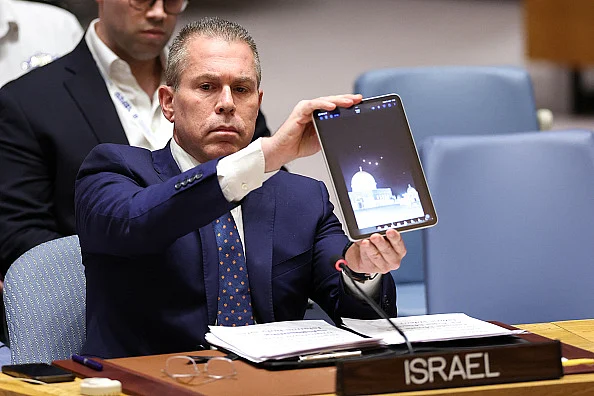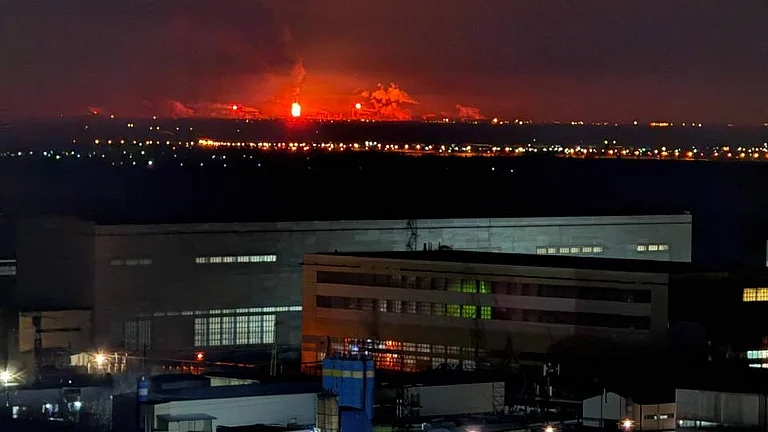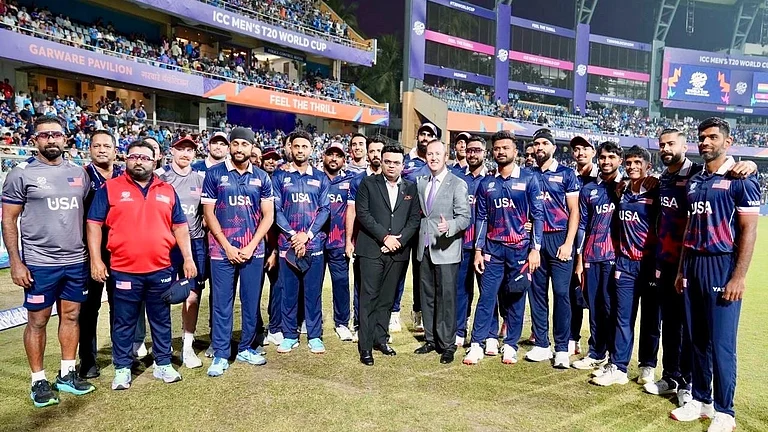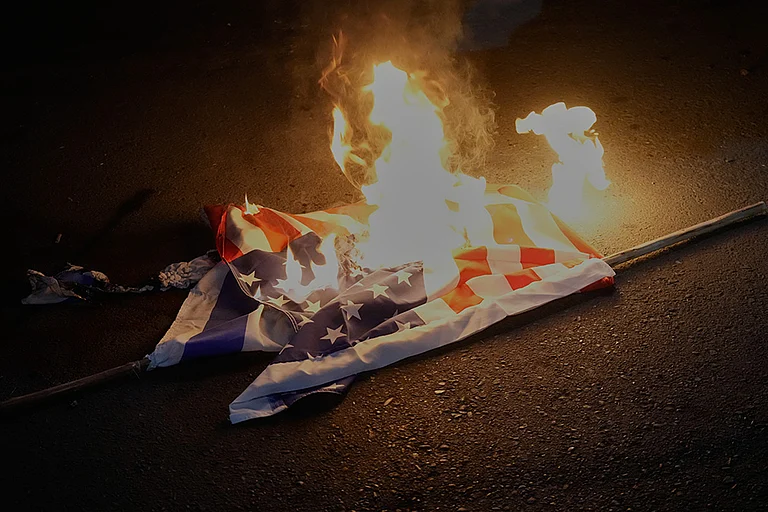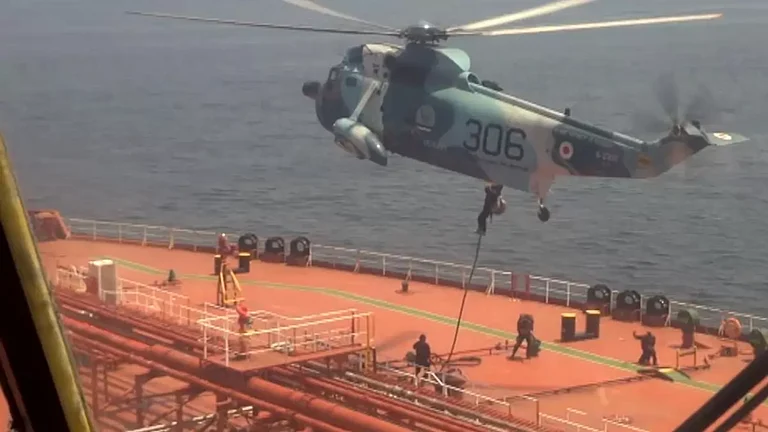The conflict in West Asia just widened with Iran’s retaliatory action on Israel. Ever since Israel attacked Iran’s embassy in Damascus, Syria on April 1, the world was anticipating a retaliation from Iran. Iran also confirmed that there will be one; and on the night of April 13 it launched a drone and missile attack on Israel.
Israel President, Isaac Herzog, said that the country is ‘not seeking war’ and considering ‘all options to maintain peace’. The move comes after the US refused to take part in any Israeli action against Iran.
However, on Sunday, Israel had demanded UN Security Council to ‘punish Iran’ and ‘reimpose crippling sanctions’. Right after the attack Israeli Prime Minister, Benjamin Netanyahu, had vowed that ‘together we will win’.
Iranian mission at UN, after the attack, said that “the matter can be deemed concluded” hinting that there will be no more such actions.
This is how the world reacted to this latest escalation in the West Asia:
United Nations
UN Secretary-General, Antonio Guterres, called the situation “serious escalation” and strongly condemned Iran’s actions. He also raised caution that ‘neither the region nor the world’ can afford another war. Guterres called for “an immediate cessation of these hostilities”.
He also urged that all parties show ‘maximum restraint to avoid any action that could lead to major military confrontations on multiple fronts in the Middle East’, reported PTI.
G7
The G7 held a video conference following the attack and ‘unanimously condemned’ the Iran’s action via a statement. Ursula von der Leyen, president of the European Commission, posted a video on X, and expressed ‘solidarity and support with the people of Israel’. The G7 also said that they will ‘continue to work to stabilise the situation’.
United States of America
US President, Joe Biden, released a statement to condemn the attack by Iran in ‘strongest possible terms’. Biden said he ‘reaffirm America’s ironclad commitment to the security of Israel”.
He also revealed that ‘US military moved military aircrafts and ballistic missile defence destroyers to the region over the course of the past week’ to ‘support the defence of Israel’.
However, on April 14, Biden told Benjamin Netanyahu that US ‘would not participate in any Israeli counter-offensive against Iran’, reported Reuters.
United Kingdom
UK Prime Minister, Rishi Sunak, also released a statement condemning the attack and said “Iran has once again demonstrated that it is intent on sowing chaos in its own backyard”. He also shared a short video on X, appreciating the ‘international coordinated effort which the United Kingdom participated in’ to intercept ‘almost of these missiles’.
Russia
Russia said that it is “extremely concerned by Iranian strikes” and calls on all parties to exercise restraint. But Russia also believes that ‘tensions would remain high until the conflict between Israel and the Palestinians was resolved’, reported by Reuters.
Russia also said that Iran’s actions were ‘within the right to self-defence’ after the Damascus attack.
India
Ministry of External Affairs (MEA) released a statement after the attack stating that India called for immediate de-escalation of the situation and that its embassies in the region are in close touch with the Indian community in the region.
"We are seriously concerned at the escalation of hostilities between Israel and Iran which threatens the peace and security in the region," the statement read.
"We call for immediate de-escalation, exercise of restraint, stepping back from violence and return to the path of diplomacy," it said.
Dr. S. Jaishankar wrote on X, that he spoke with Iran’s foreign minister and talked about the ‘release of 17 Indian crew members of MSC Aries’. He also emphasised on the ‘importance of avoiding escalation’.
Arab Countries
Saudi Arabia said it is ‘deeply concerned’ and called for ‘highest levels of self-restraints’. United Arab Emirates raised caution over increasing ‘instability’. Egypt while declaring a state of ‘maximum alert’ insisting on ‘“maximum self-control to prevent further instability and tension in the region”.
Ukraine
Ukraine President Volodymyr Zelenskyy, also condemned the attack in a statement and drew parallels with Russia-Ukraine war. He said Ukrainians ‘know very well the horror of similar attacks from Russia’. He also said, “Every effort must be made to prevent a further escalation in the Middle East. Iran's actions threaten the entire region and the world, just as Russia's actions threaten a larger conflict, and the obvious collaboration between the two regimes in spreading terror must face a resolute and united response from the world”.






